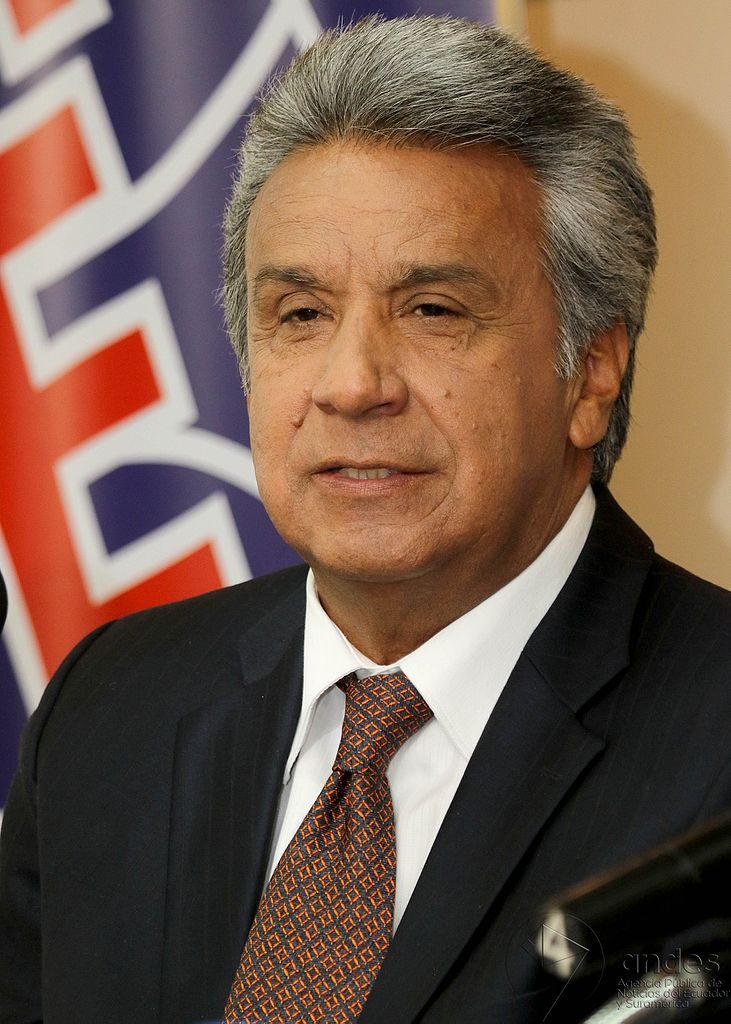
Large protests against austerity has prompted President Lenin Moreno of Ecuador to move the seat of his government from the capital, Quito, to the coastal city of Guayaquil more than 150 miles away. Mr. Moreno declared a state of emergency, suspending certain civil liberties and imposing an 8 p.m. curfew for areas near government buildings and strategic locations.
The announcement was made by the president during a very brief televised appearance from Guayaquil. During the appearance, Mr. Moreno was standing with the vice president, the minister of defense, and the chiefs of the military forces. This type of measure has never been taken by the government before.
The protests erupted after Mr. Moreno announced the end of a fuel subsidy that had been in place for 40 years, along with labor reforms meant to lower debt and prime the economy for growth. The elimination of the subsidies doubled the price of diesel overnight and sharply raised gasoline prices. Angry residents, including transportation workers, young people and Indigenous groups, soon took to the streets.
So far, there have been reports of looting and attacks on field workers and farmers who refused to join the march. Large groups of masked demonstrators have clashed with the police, breaking barricades placed to impede their advance. Some of the protesters broke into the comptroller general’s office and vandalized the National Assembly building. Numerous roads and businesses have been closed because of the chaos.
The government says the fallout from the street protests is costing the country $70 million a day. Officials say about 350 people have been detained in the past week as part of the crackdown on the protesters. The protests also resulted in the death of one man who was struck by a car.
